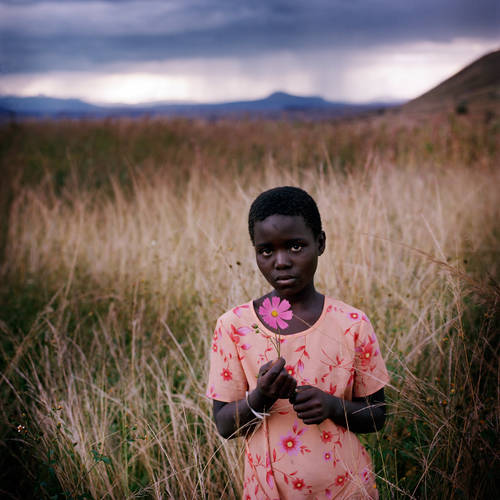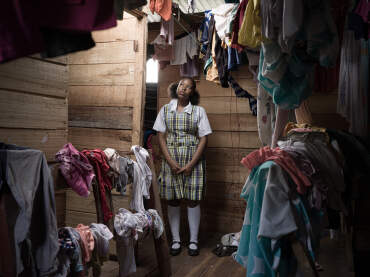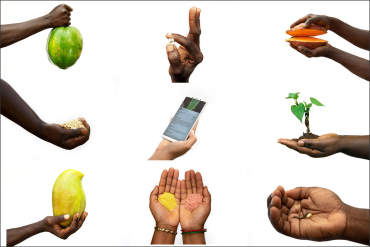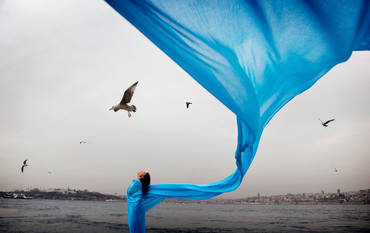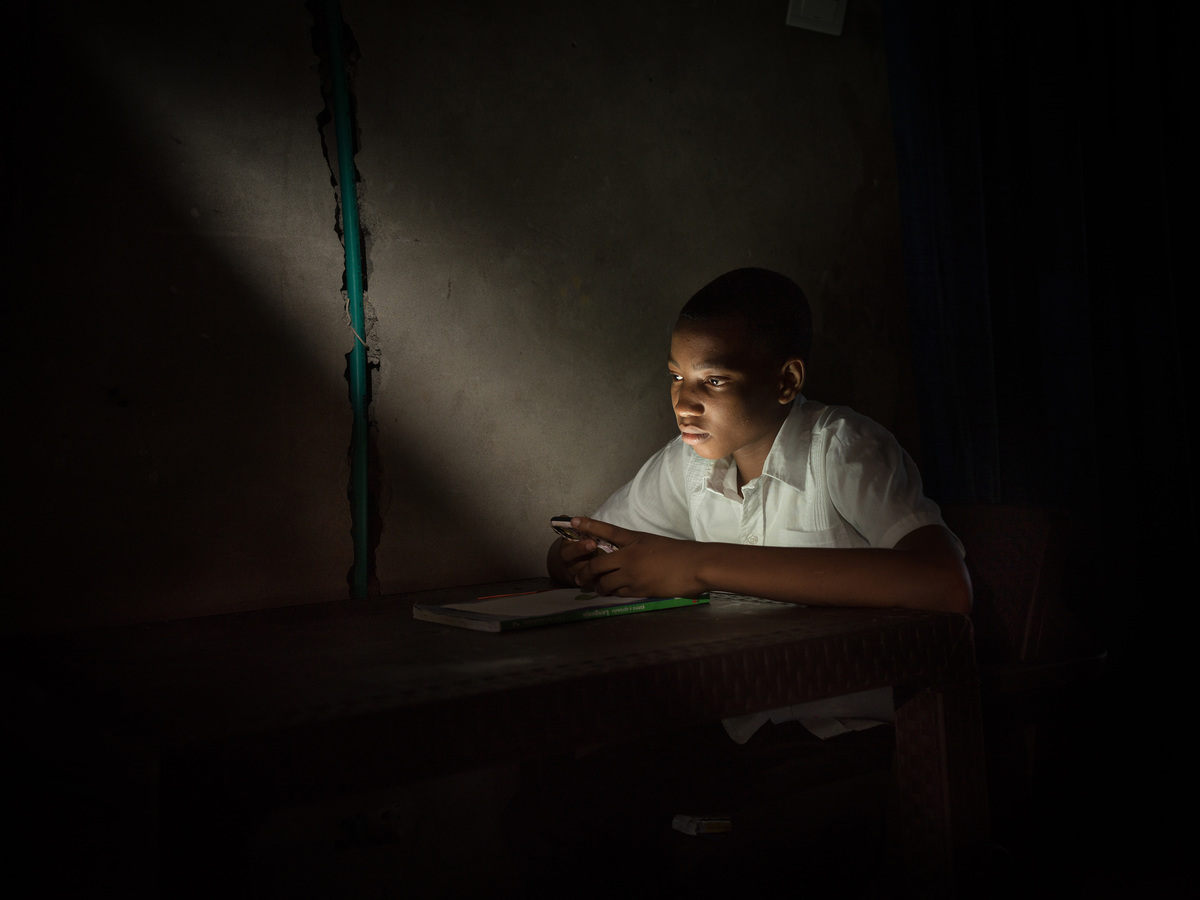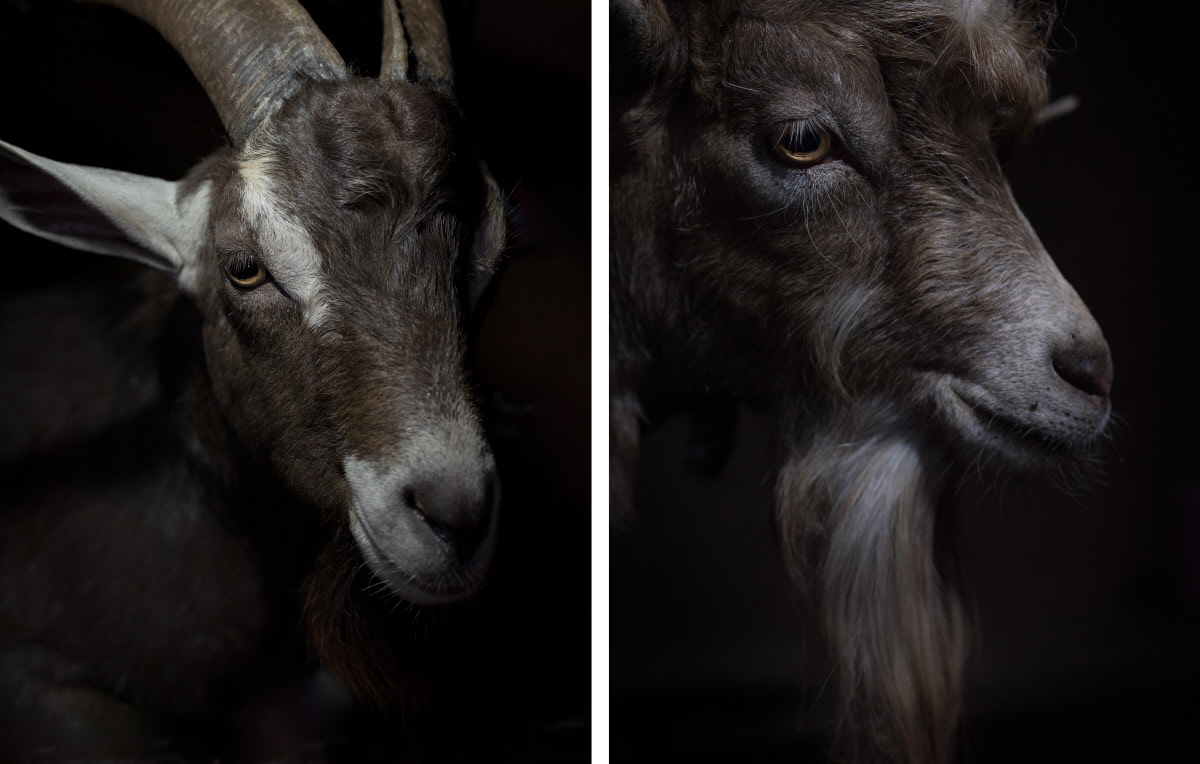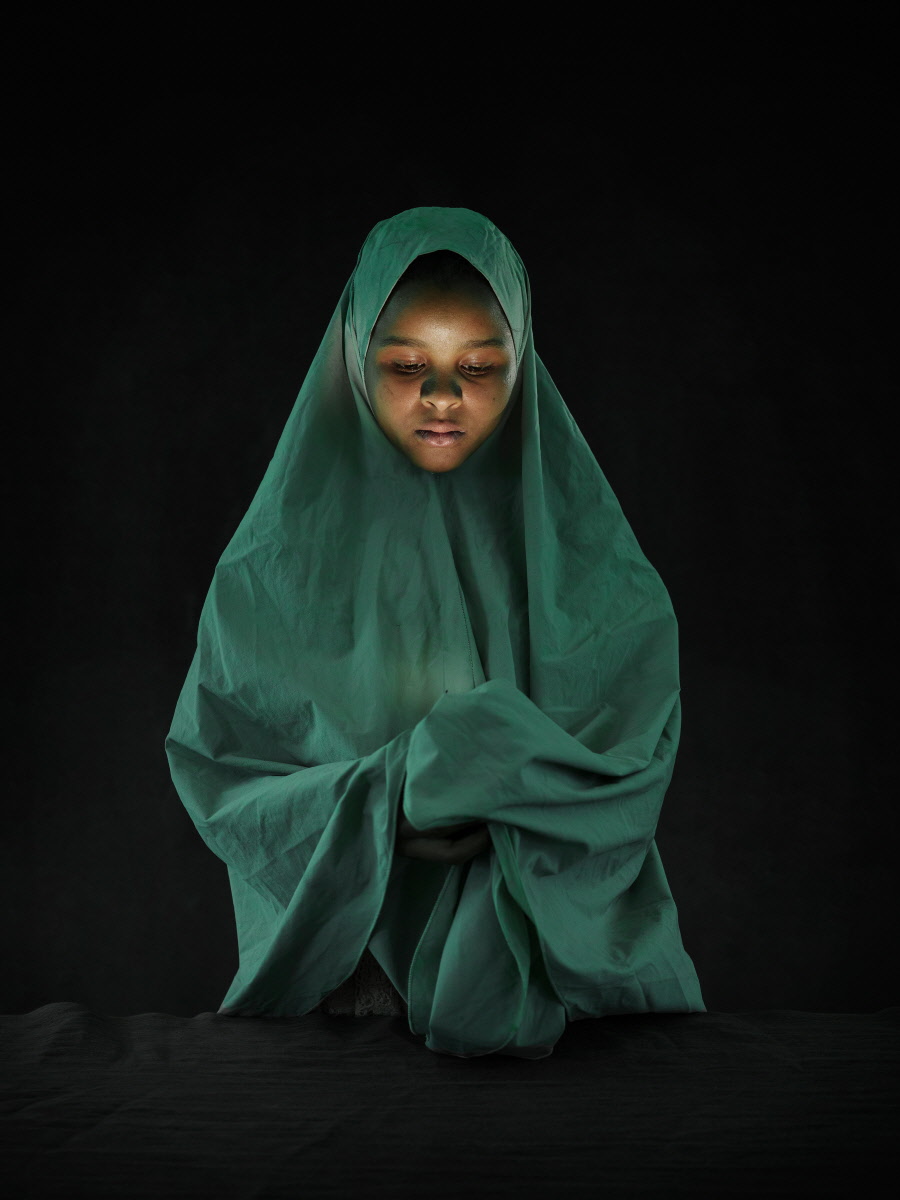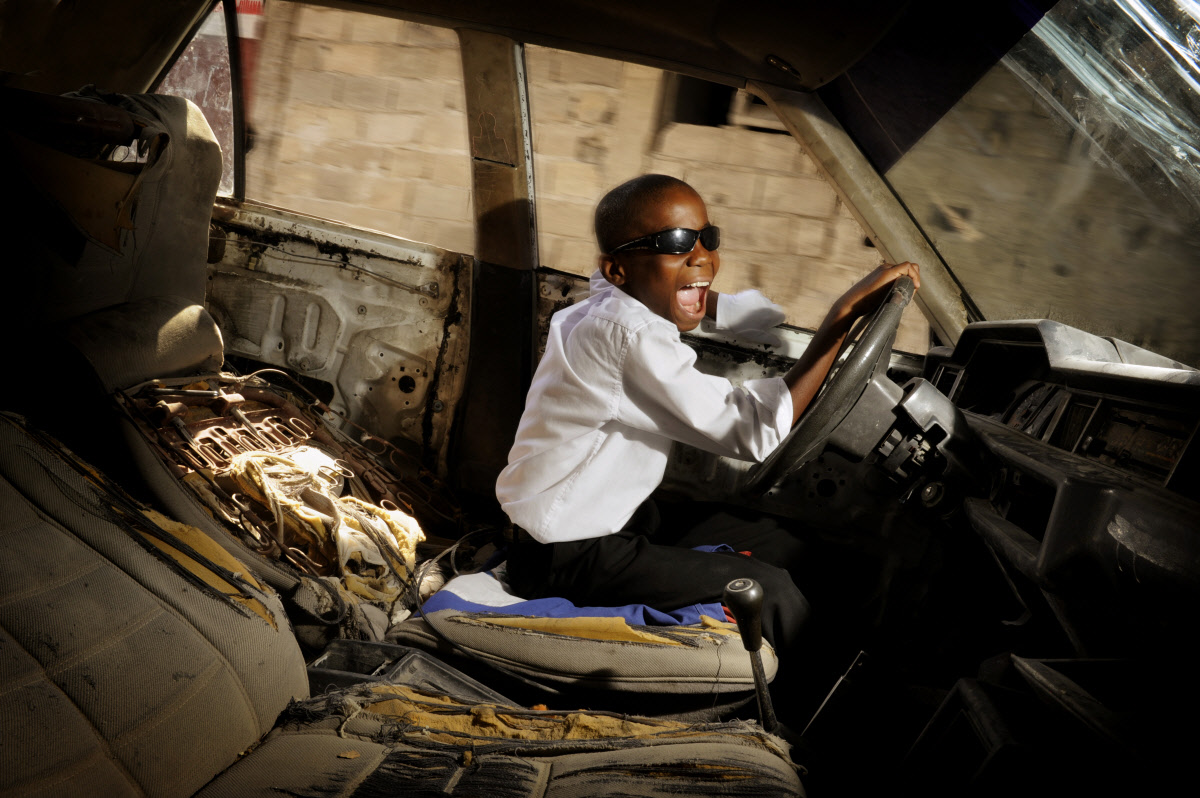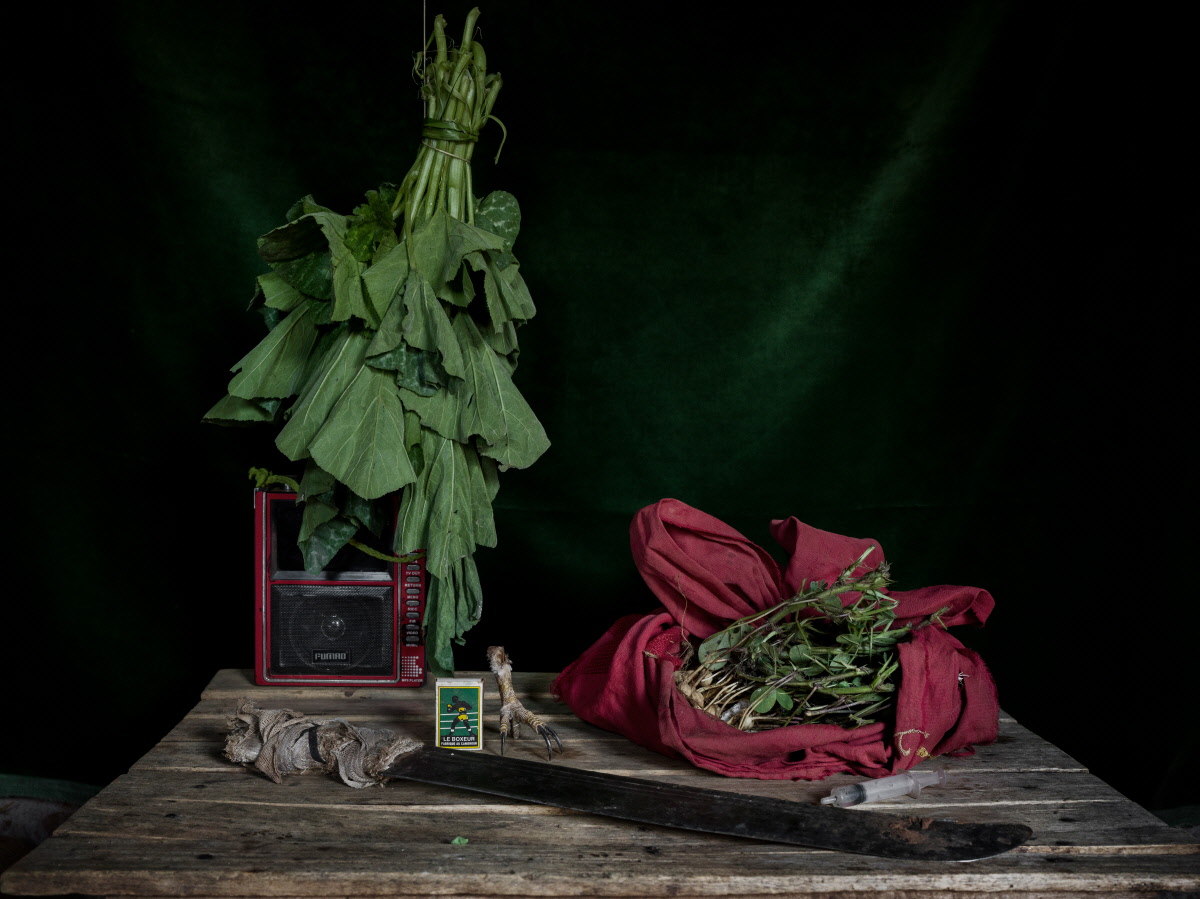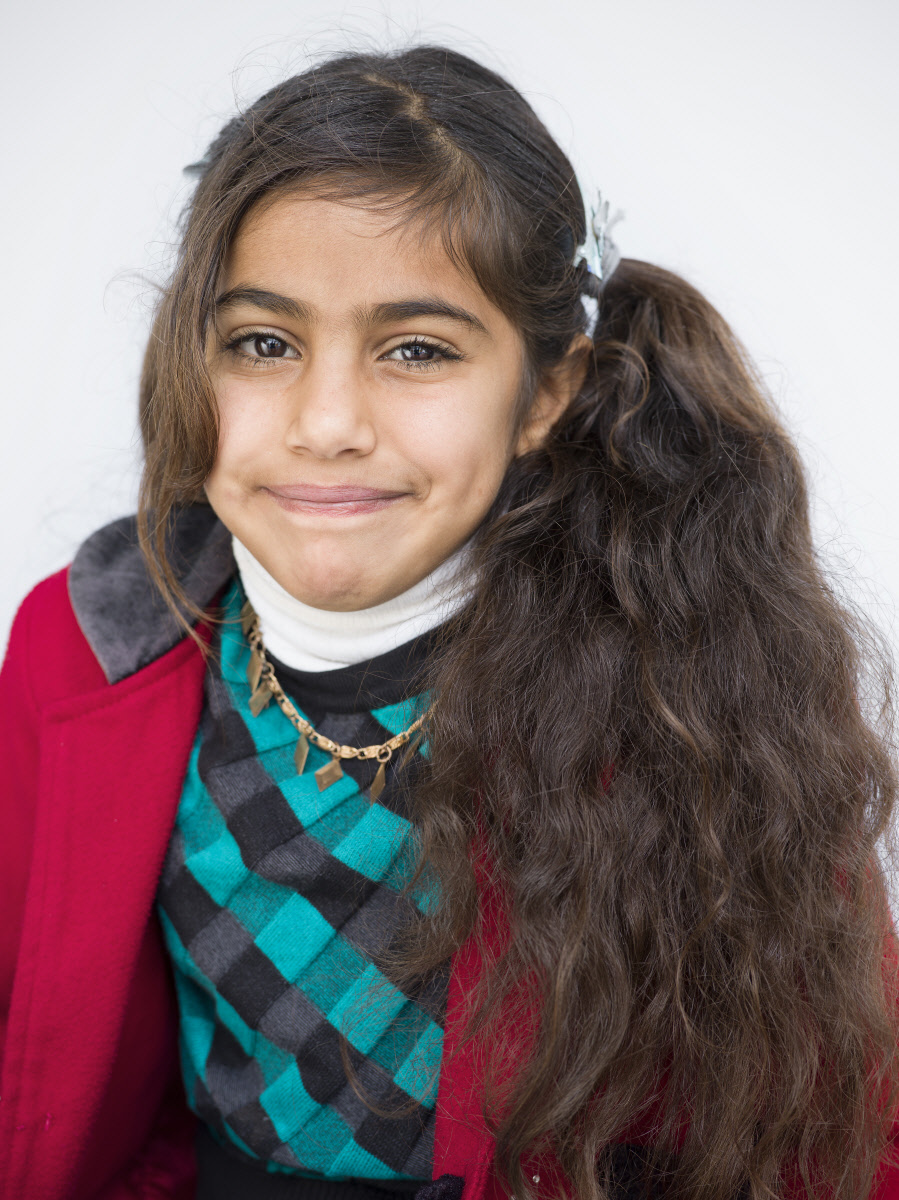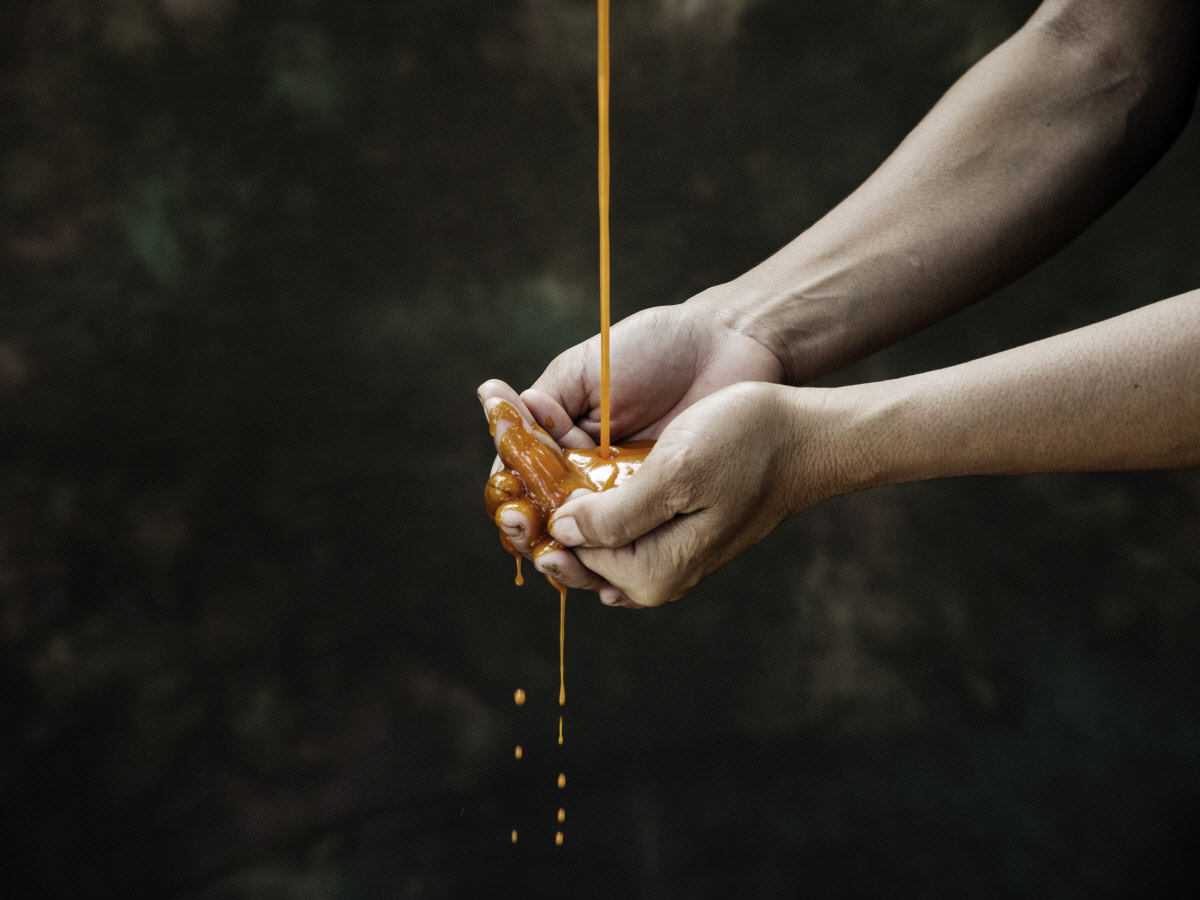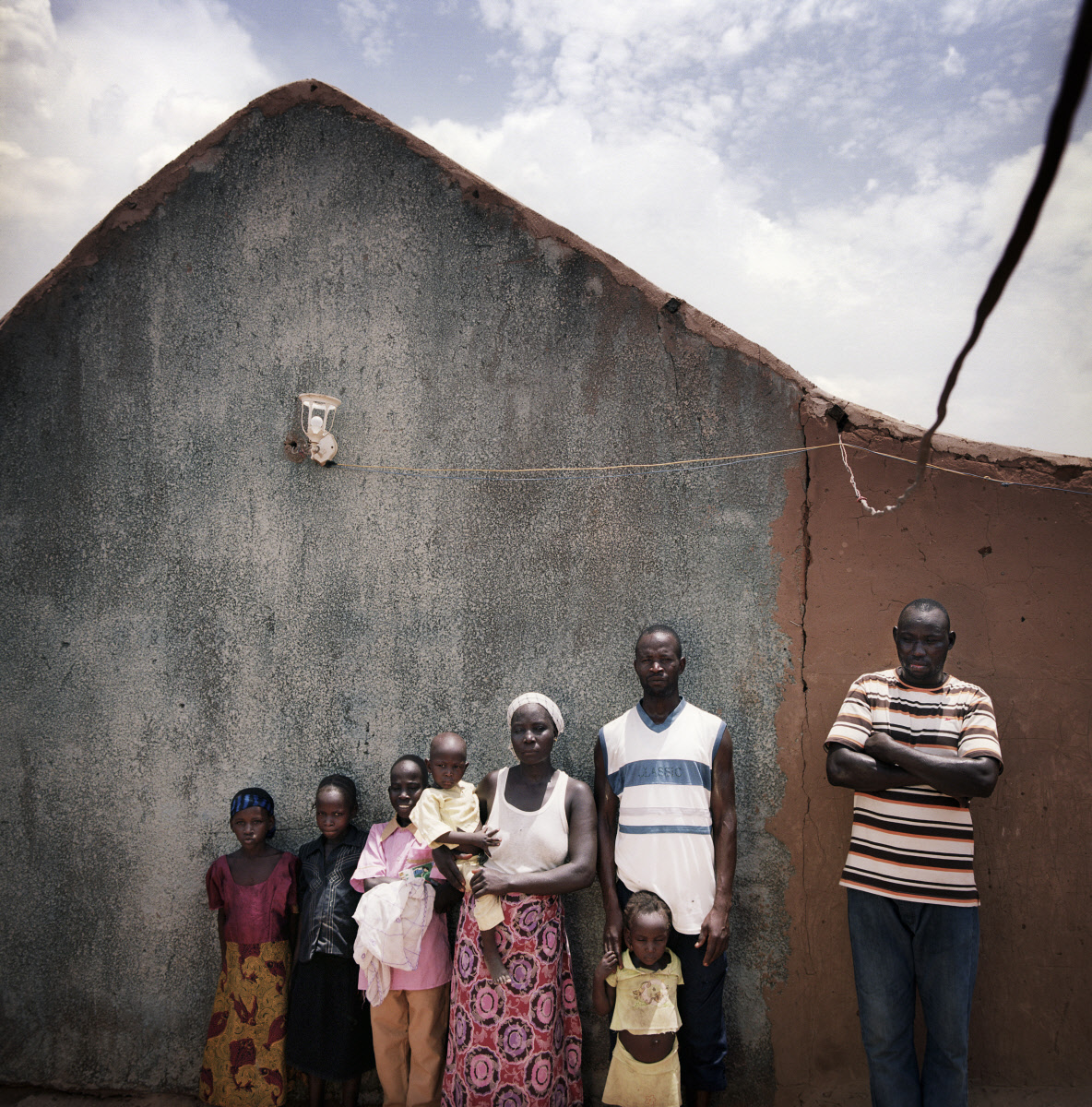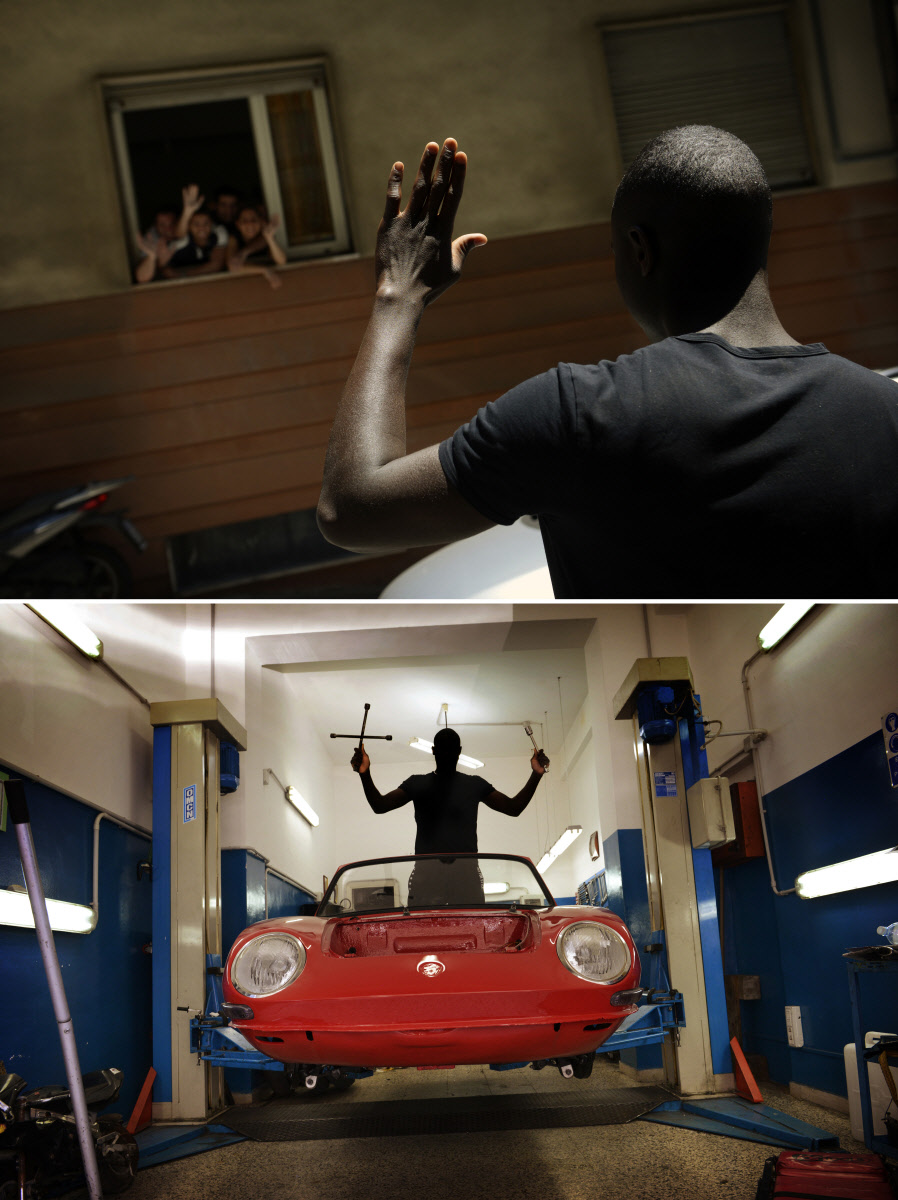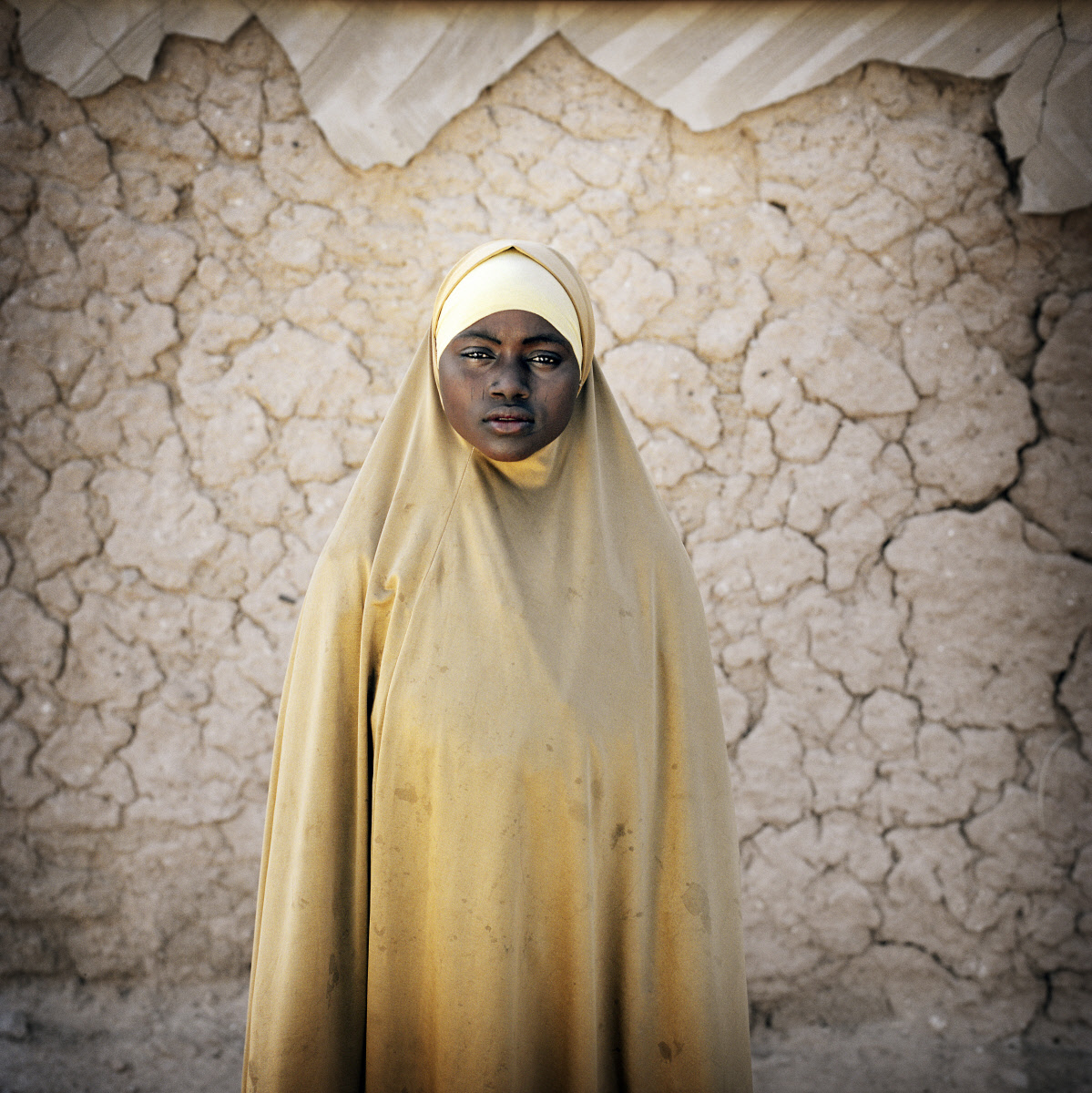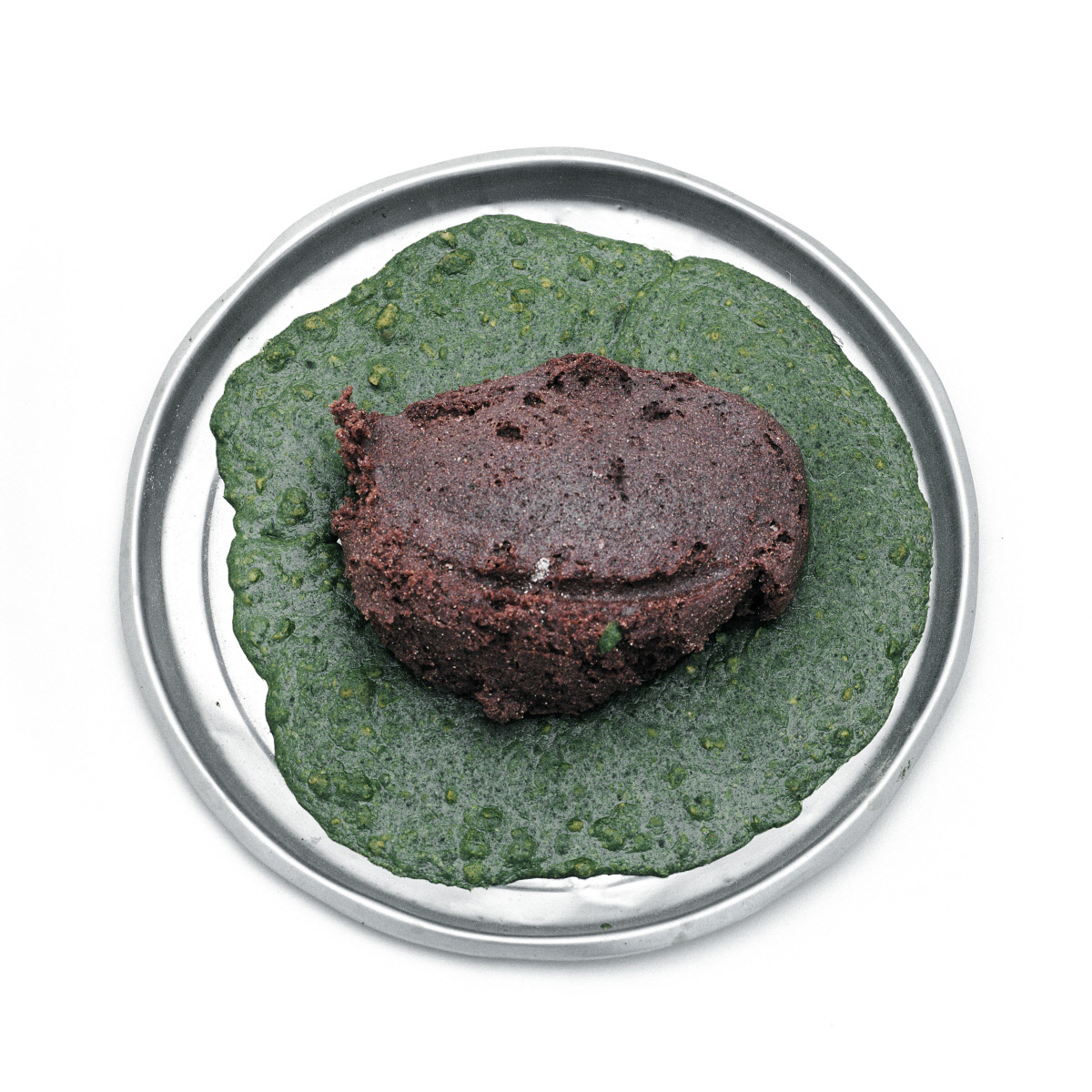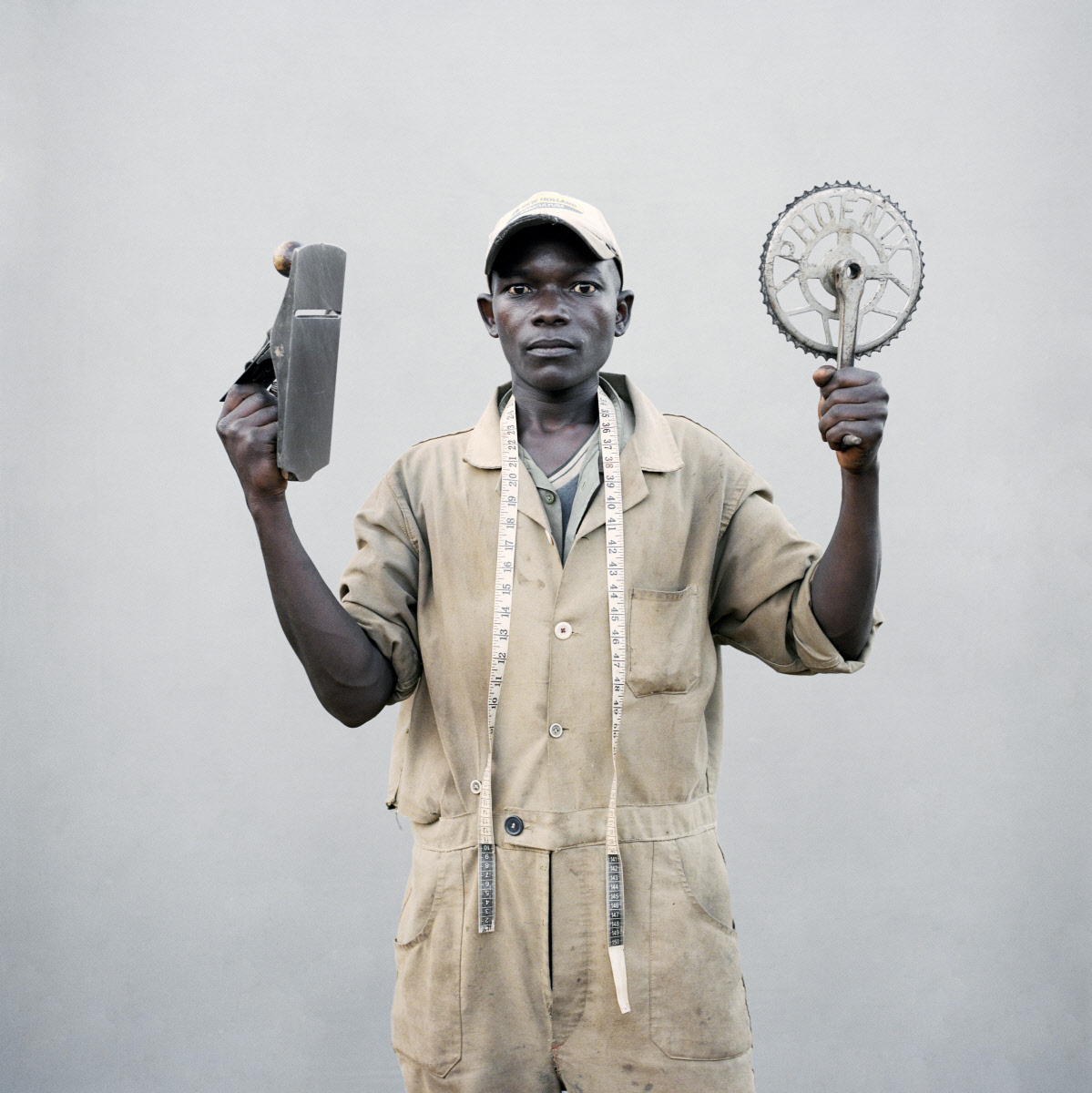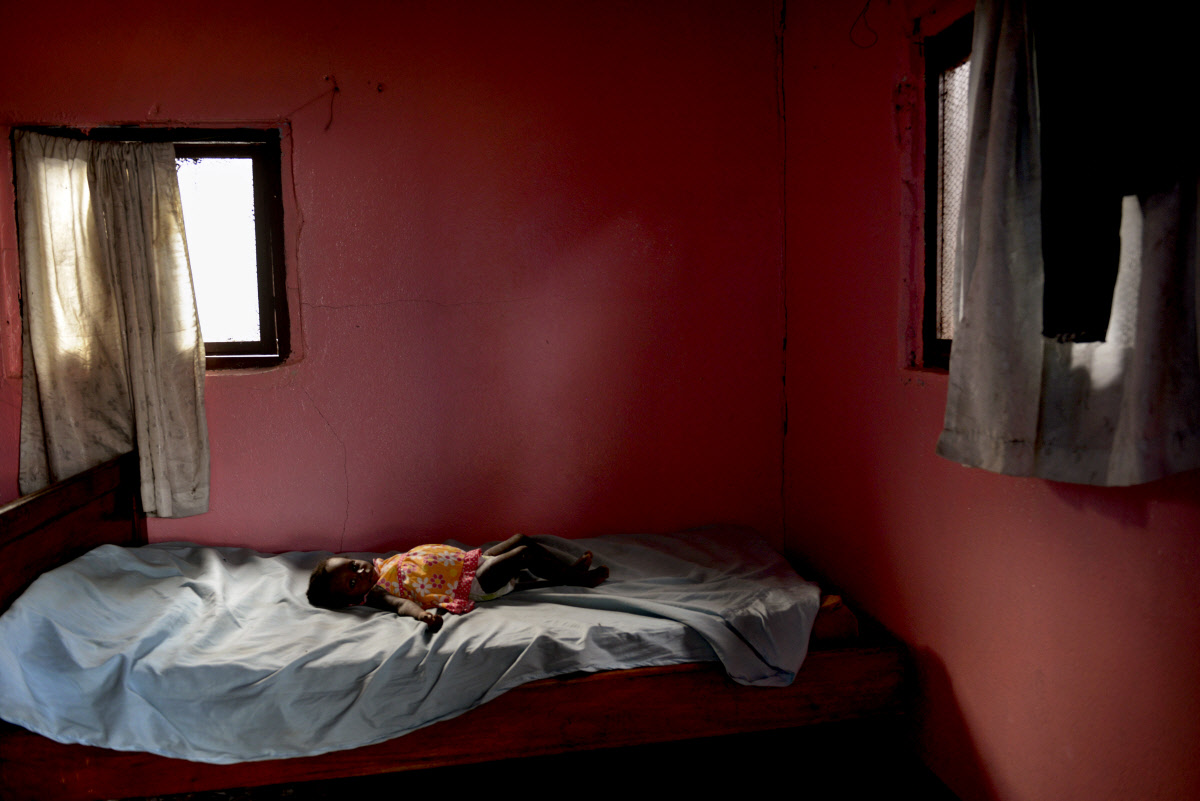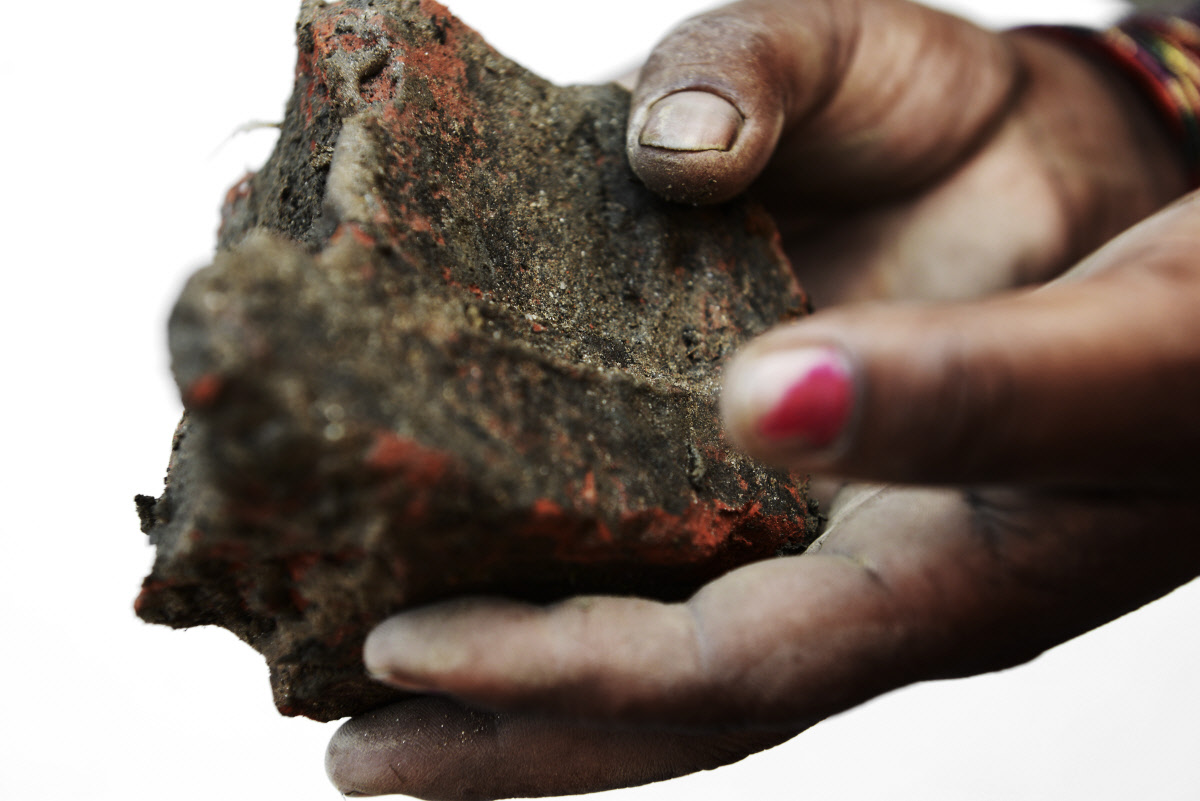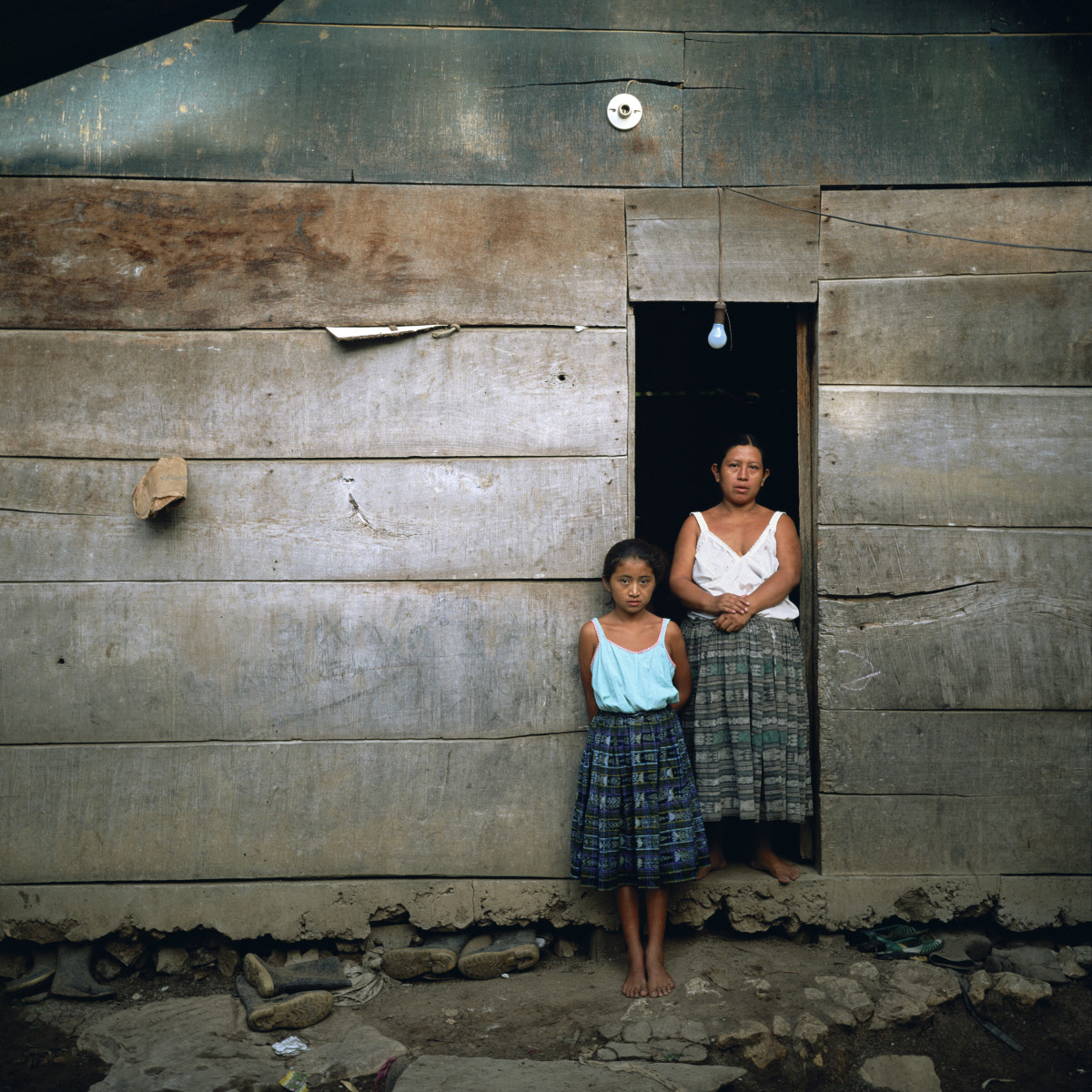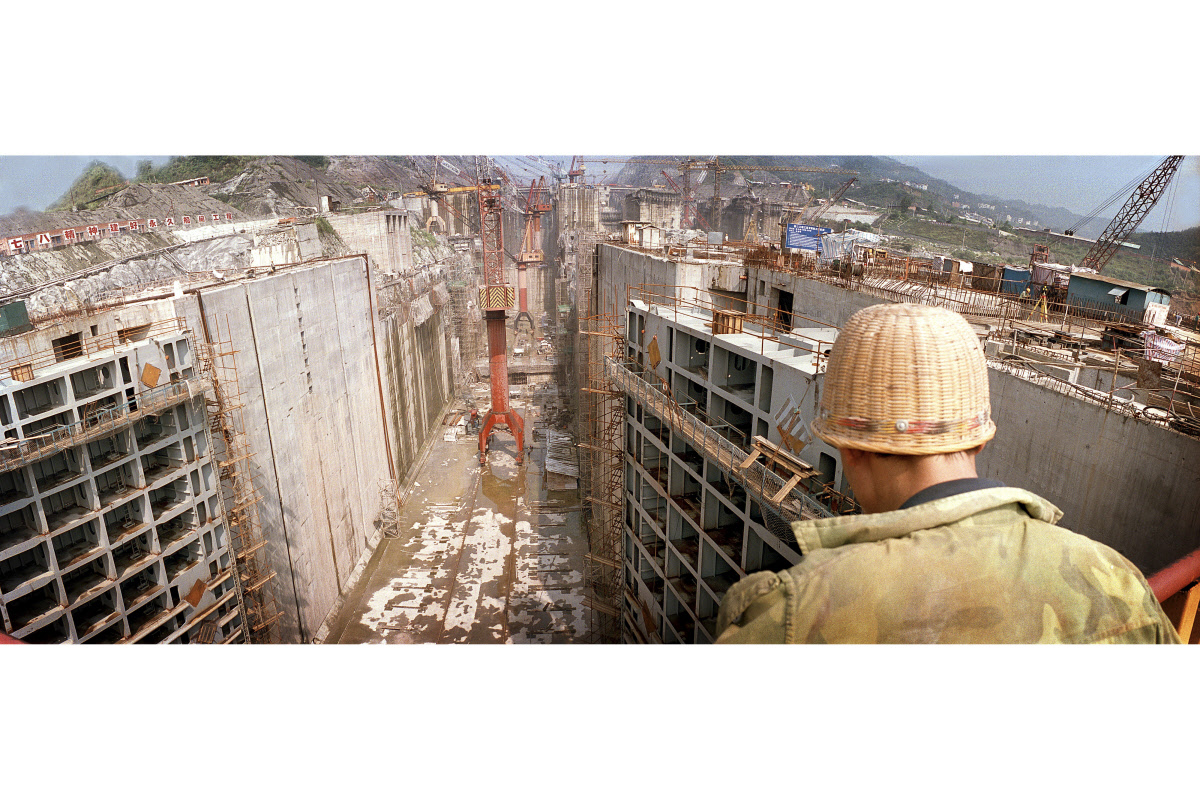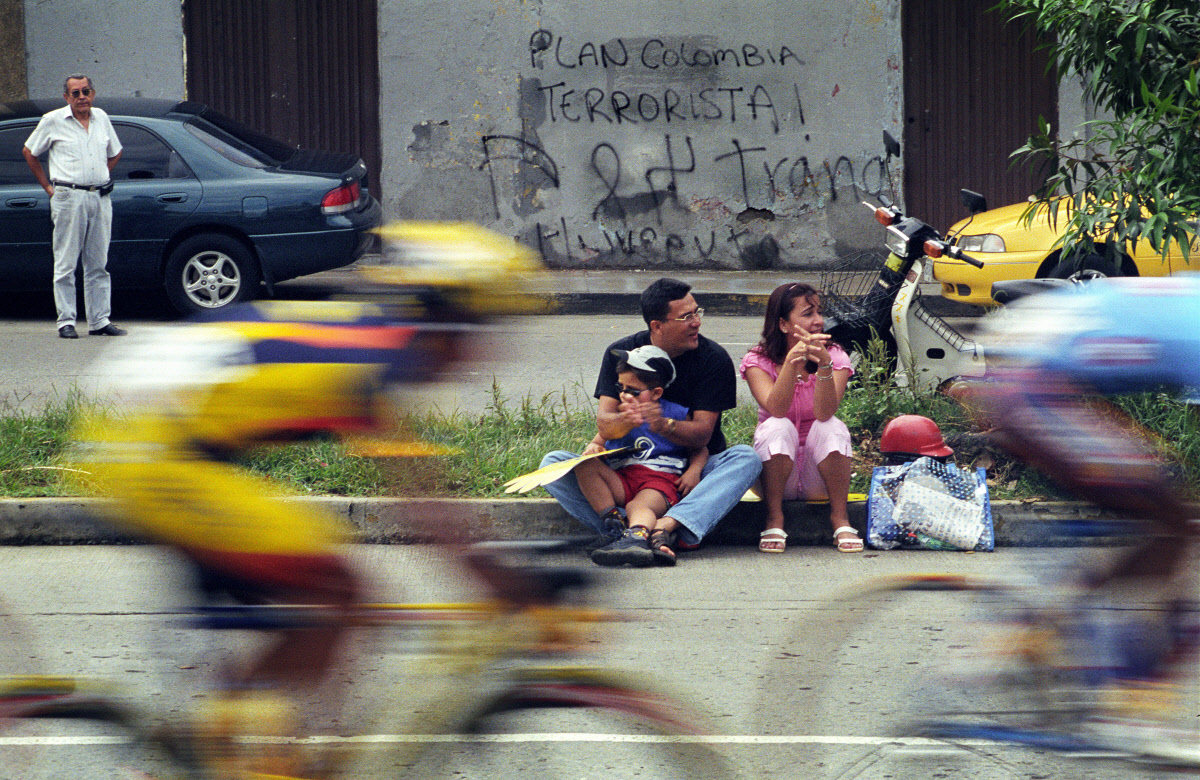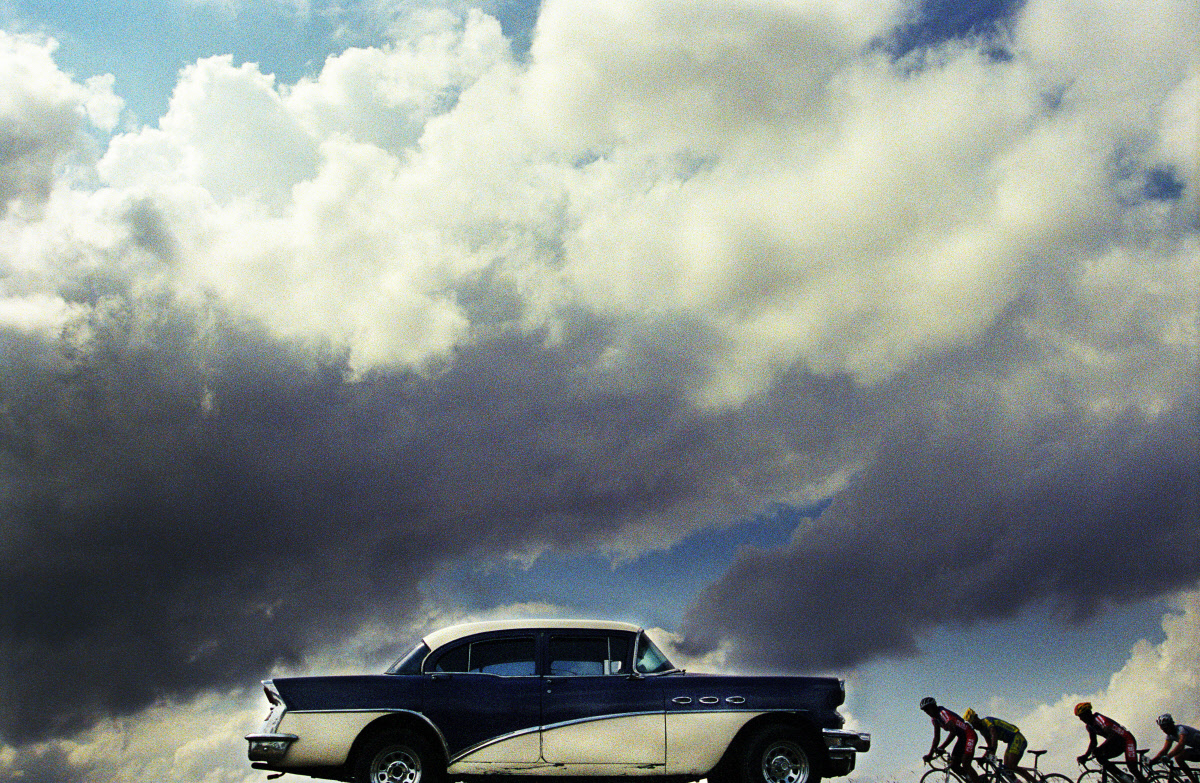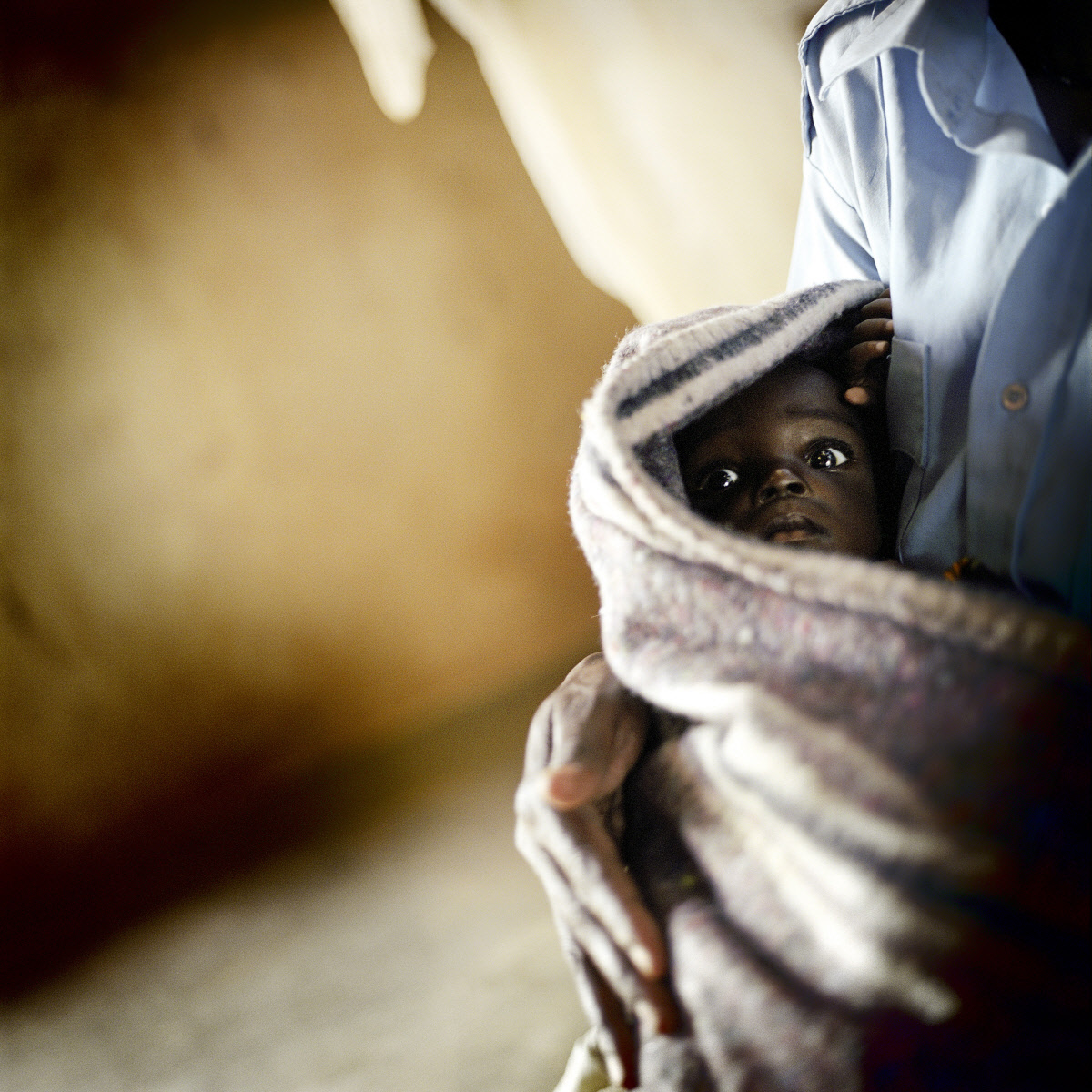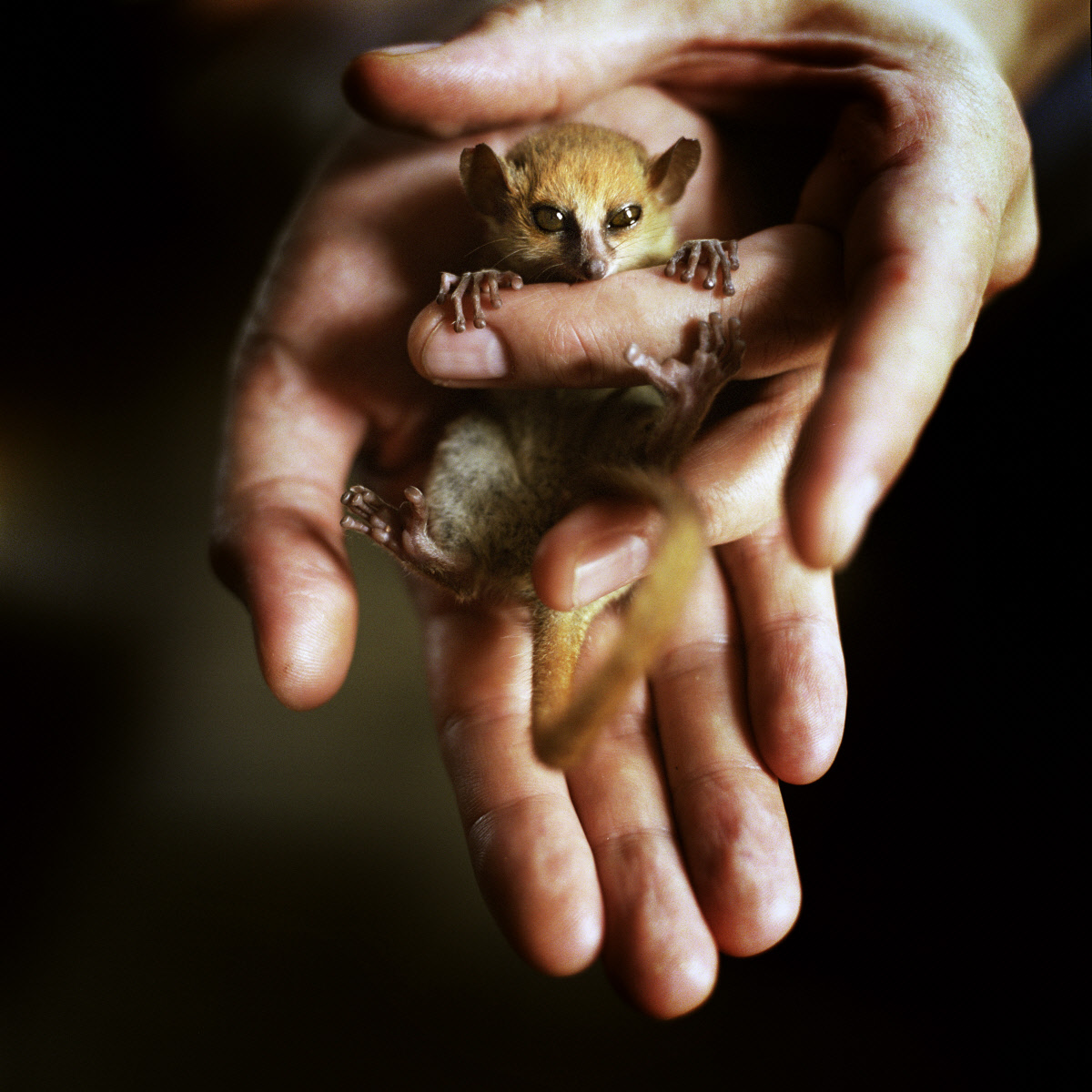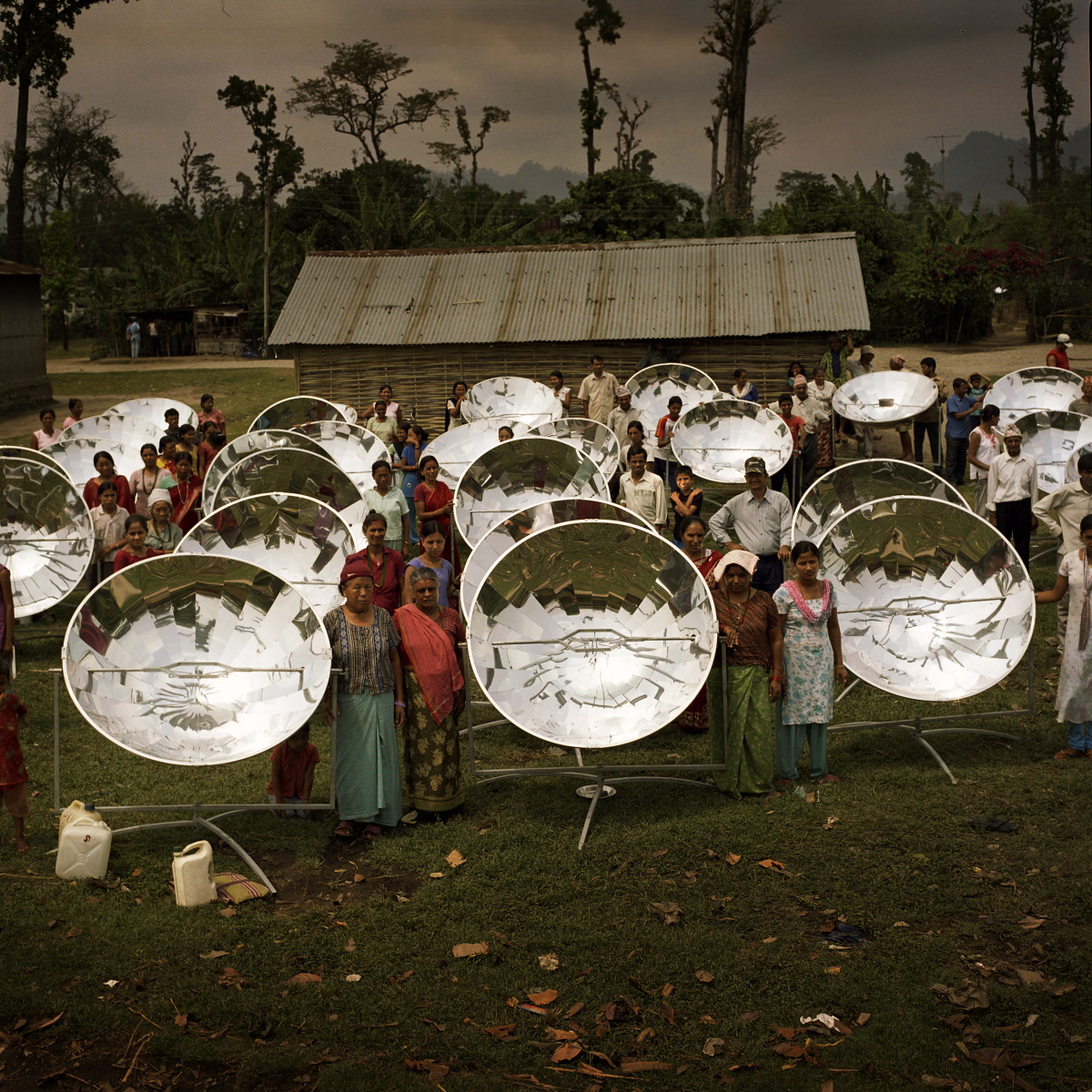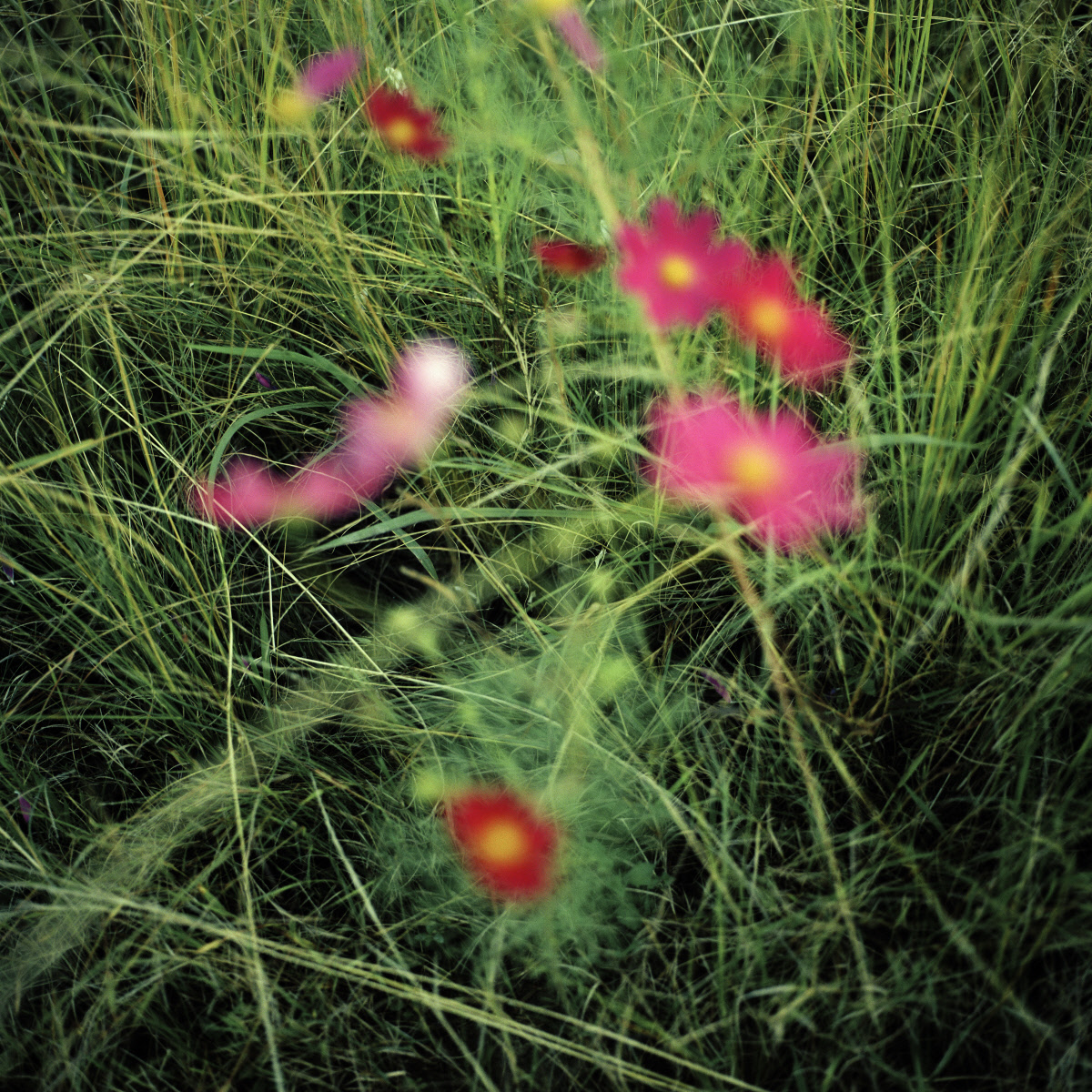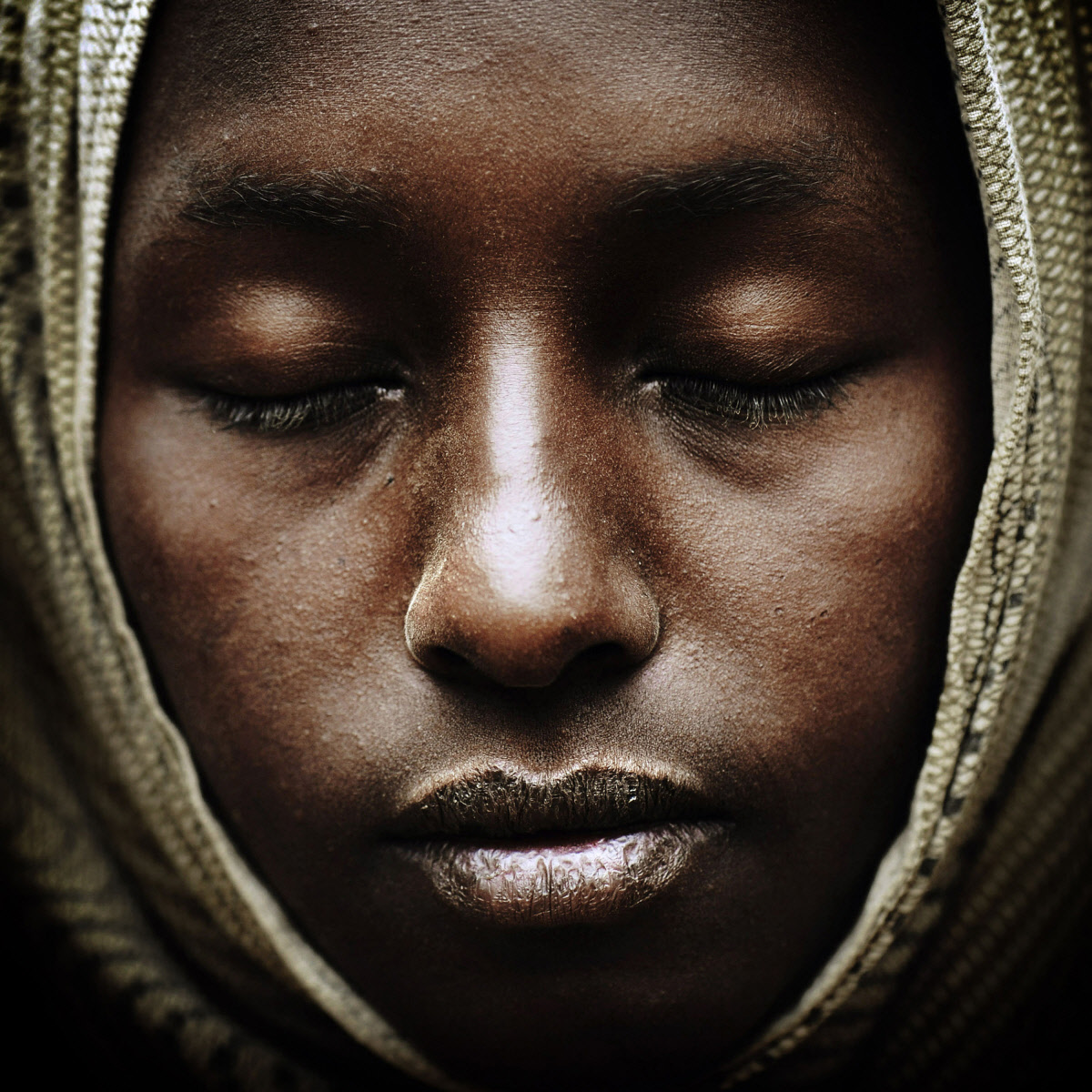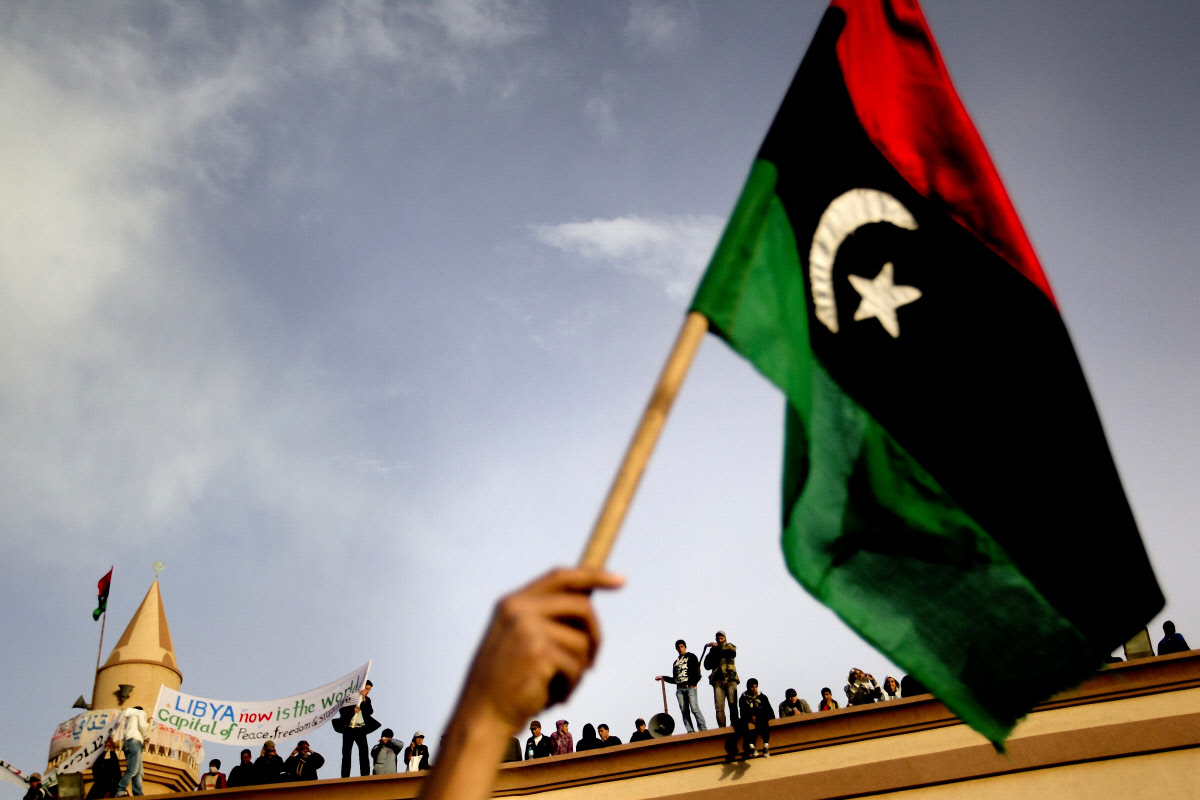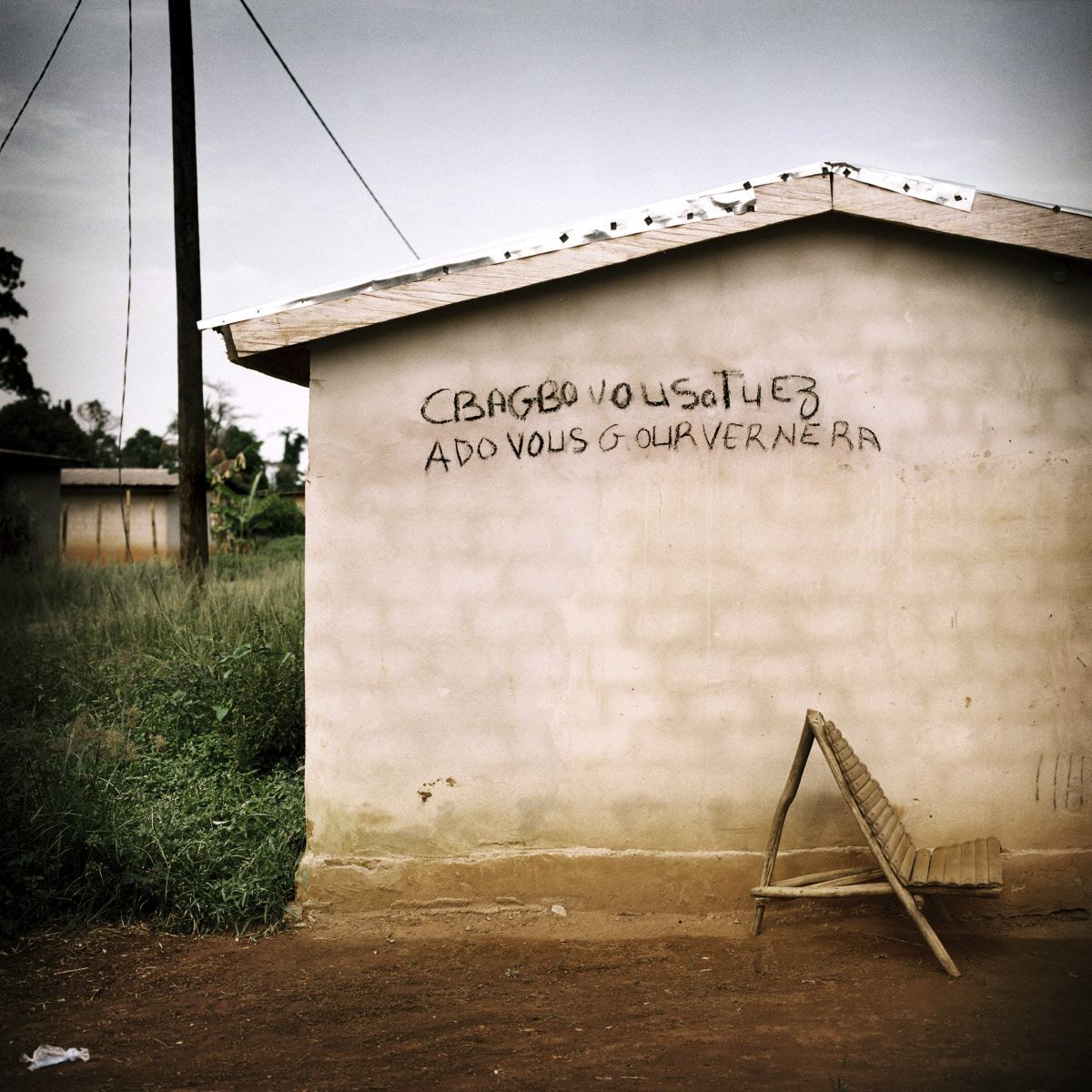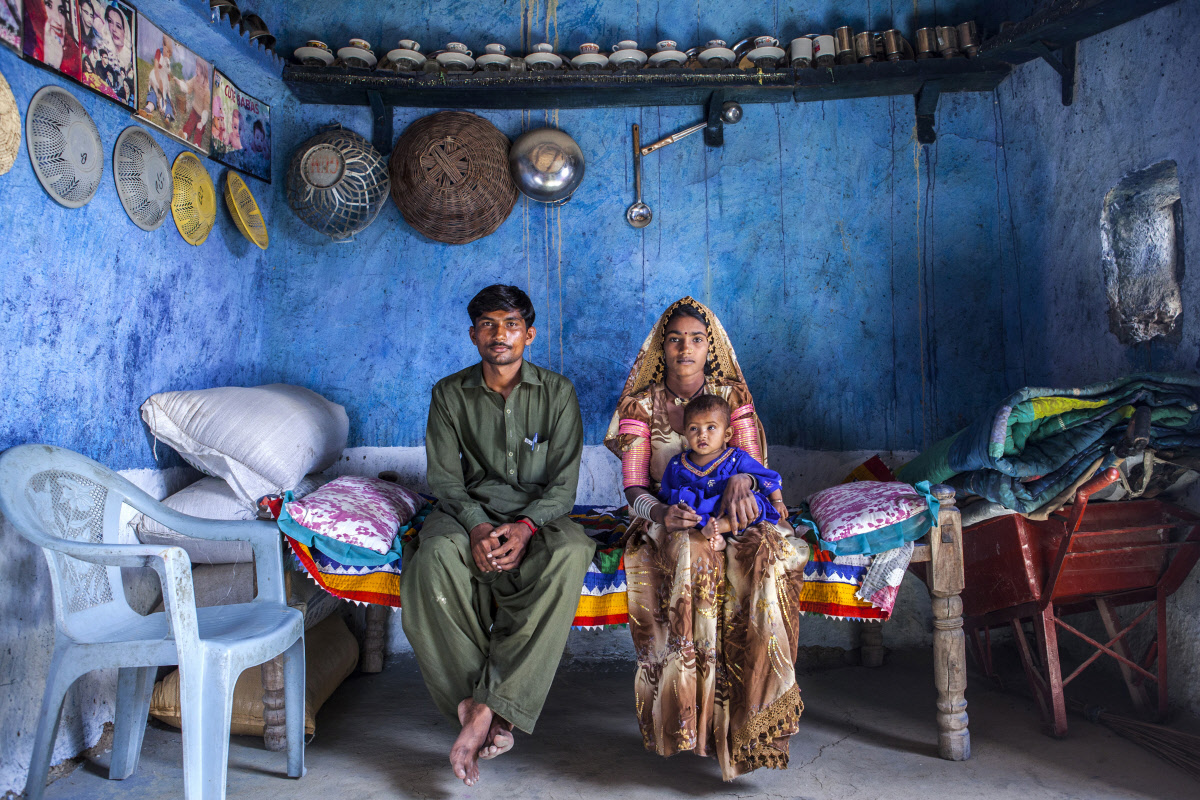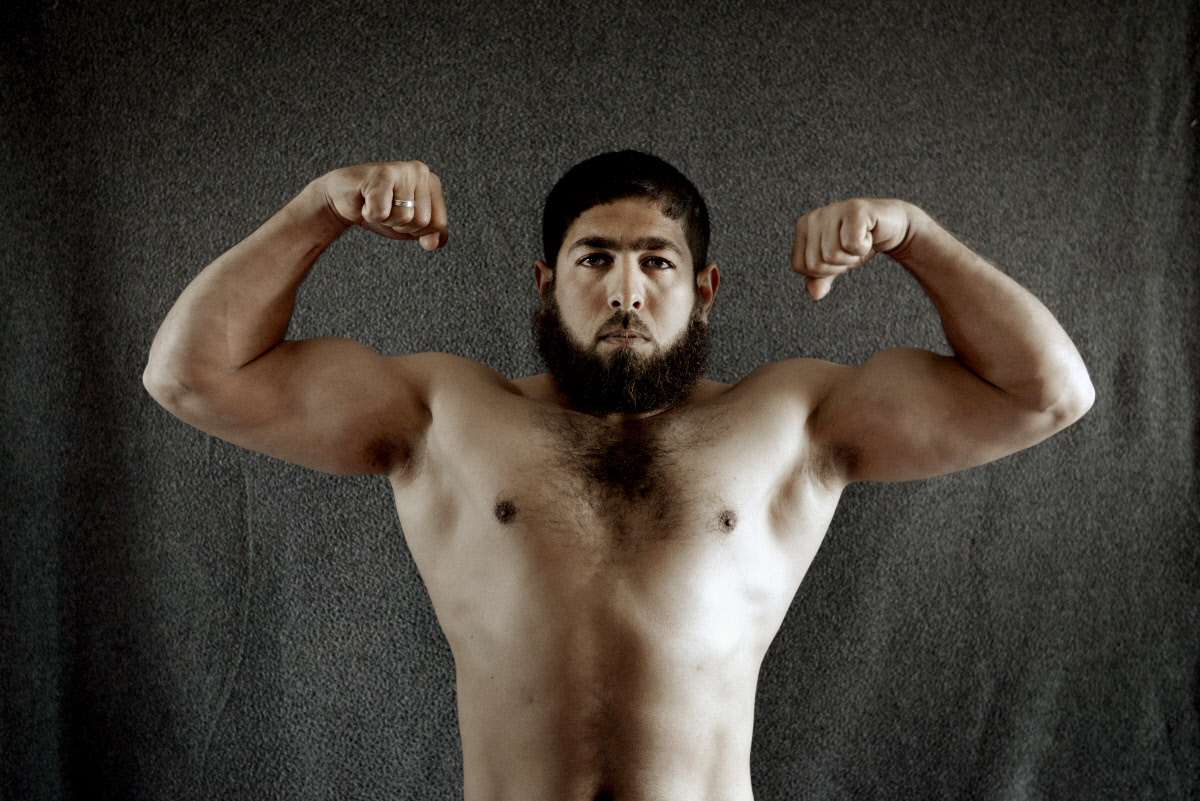Biography
Dutch, 1965
Chris is a documentary and portrait photographer and film director. He became interested in photography during his previous career as a professional climbing instructor. Following a trip to Palestine he decided to focus his work on humanitarian issues. He has travelled to over 70 countries, meeting people and collecting stories.
Chris always tries to find different angles in visualising the stories he works on. In 'No Way Home' he has tried to explore what it means for people to lose their homes while 'Tour du Monde' took him to China, Colombia, Cuba, Eritrea, Qatar and Senegal, following international cycling teams as they raced across diverse terrains and through culturally and politically charged environments.
Chris' series on migrant workers fleeing from war-torn Libya - 'Exodus' - was published over 9 pages in FOAM Magazine, the prestigious journal of Amsterdam's Photography Museum and was praised by Stephen Mayes, Director of the Tim Hetherington Trust, in an Apperture publication as ".. remarkably innovative, seen in a print context."
For the past years, Chris has been working in collaboration with Save the Children Netherlands, capturing the dreams of children worldwide and covering issues relating to Syrian refugees. He also directed a documentary film about children collecting scrap for sale in Lebanon.
Regular clients include Save the Children, Aids Fonds/Stop Aids Now, Médecins sans Frontières, Greenpeace, Voluntary Service Overseas (VSO), CARE, Oxfam and Cordaid. Chris has also worked on numerous occcasions for UN organisations including UNFPA, UNHCR and the World Health Organisation (WHO). He has extensive experience in mentoring aspiring photographers and teaching workshops in numerous countries on all levels, focusing on story-telling in photography.
-
Featured Story
Communities in danger hold on to education in Latin America
-
Featured Story
Towards a world free of poverty, hunger and environmental degradation, CGIAR is the world's largest global agricultural innovati
-
Featured Story
Chris de Bode asked children around the world about their dreams for the future.
Goat Power explores how the humble goat is transforming the lives of women in some of the poorest areas of East Africa.
‘In February 2020 I travelled to Diffa in Niger for Stichting Vluchteling, the Dutch Refugee Foundation.
All children have dreams, whether they’re born in the United Kingdom, Liberia, Haiti, Mexico, Turkey, India or elsewhere.
The conflict between the Nigerian Army and the militants of Boko Haram, a brutal islamist group founded in 2002 and committed to establishing an Islamic State in predominantly Muslim northern Nigeria, has cost the lives of over 20,000 civilians, with 6,000 fatalities in 2015 alone.
In the first five months of 2016, more than 33,000 migrants made the perilous journey from the shores of North Africa to Italy.
Conflict and climate change have had a major impact on food security in sub-Saharan Africa where many countries are experiencing dangerous levels of hunger and malnutrition.
As West Africa’s ebola crisis enters its second grim year and with a death toll nearing 7,000 it is easy to lose sight of the fear, sorrow and tragedy of each infection, each silent and painful death in towns and villages across the countries worst affected by the biggest outbreak of the disease in recorded history.
Britain’s leading charities come together in a unique photographic exhibition produced by Panos Pictures to challenge world leaders to deliver their promises.
The advantages of China’s huge Three Gorges Dam are as great in the eyes of its builders as are the disadvantages in the eyes of its critics.
The 53rd Vuelta a Colombia took place against a backdrop of civil war and violence.
The Lord’s Resistance Army, which claims to be fighting for a state ruled according to the Ten Commandments, has terrorised the northern provinces of Uganda since 1987, abducting 20,000 children and forcing 1.
Since splitting from Africa and India, the island of Madagascar has been geographically distinct for about 70 million years.
Sourcing fuel has been a major problem for the 106,000 Bhutanese refugees living in southern Nepal.
HIV has swept through communities in South Africa, changing the shape of the family as mothers and fathers die from AIDS.
Following the departure of Tunisia’s strongman Zine El Abedine Ben Ali in early January and the drawn-out showdown between President Mubarak and anti-government protesters in Cairo’s Tahrir Square, on 17 February 2011 it was Libya’s turn.
Once the most stable and prosperous of West African nations, Cote d’Ivoire has seen in the 21st century with a series of internal conflicts following a coup against the then president Henri Bedi in 1999.
In the barren plains of northern Jordan, just 10 miles from the Syrian border, lies the Zaatari refugee camp where close to 150,000 Syrians have found shelter after fleeing across the border from their homeland which has been gripped by one of the most vicious civil wars in recent history.

